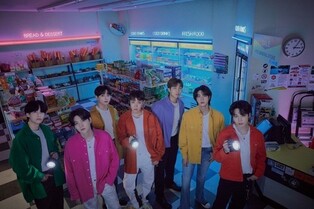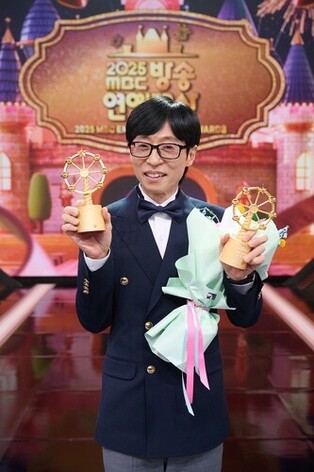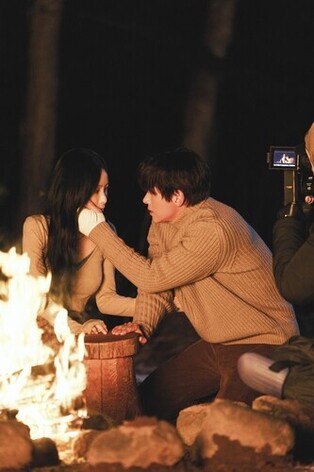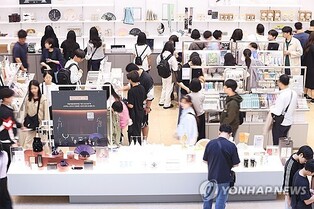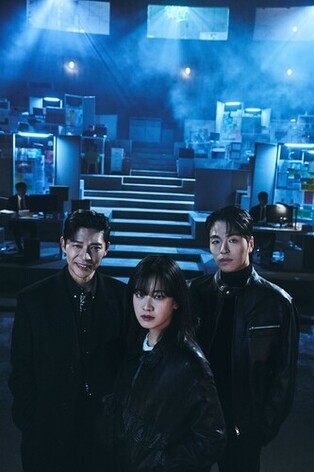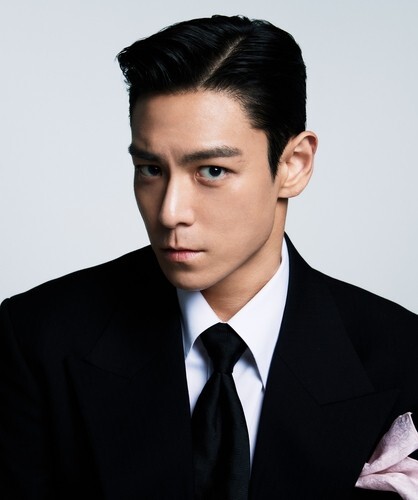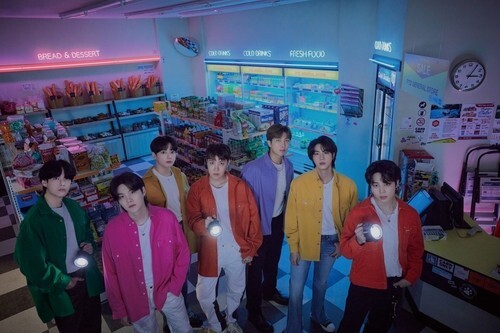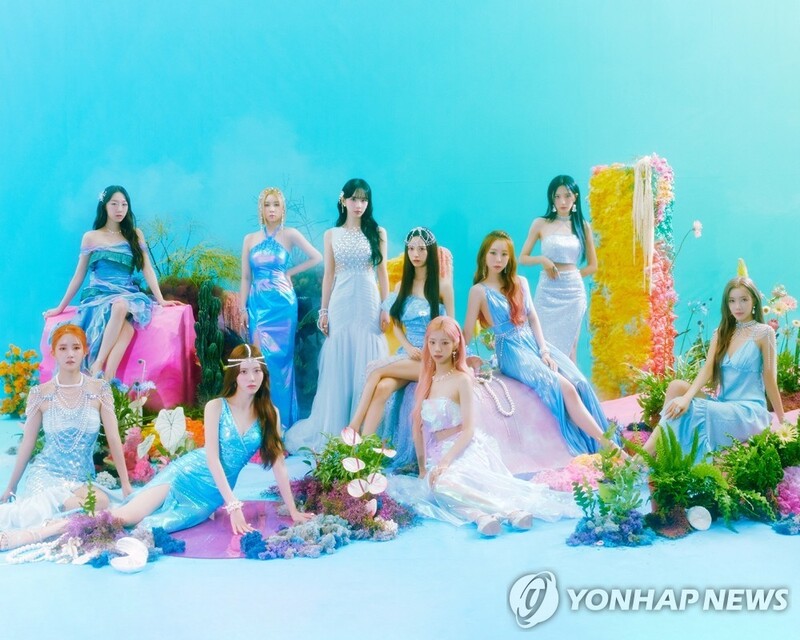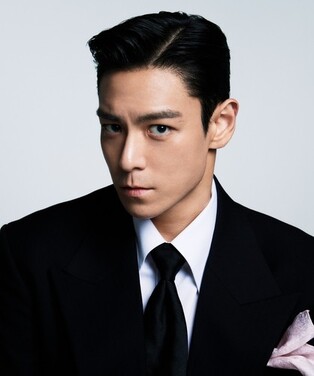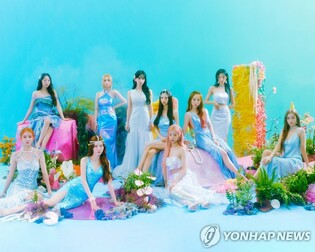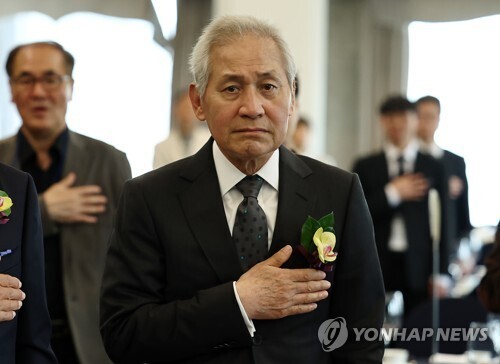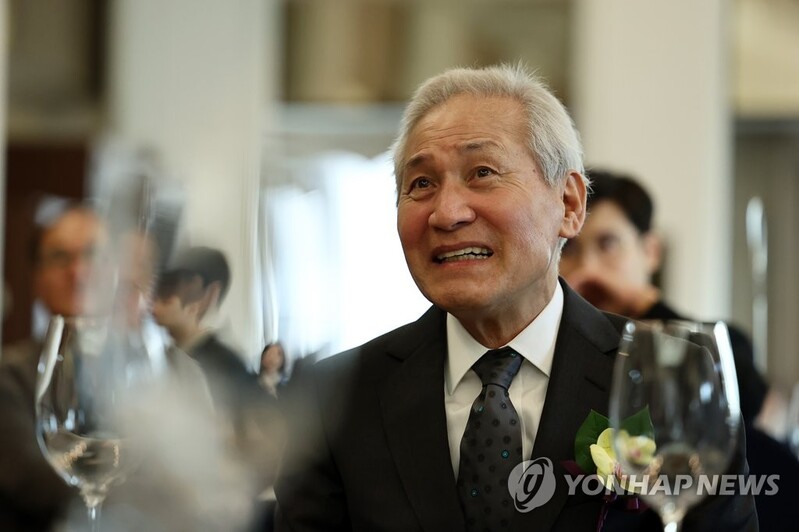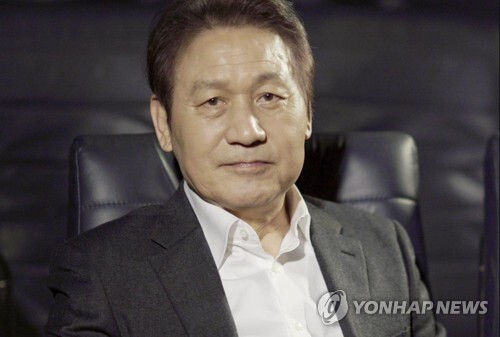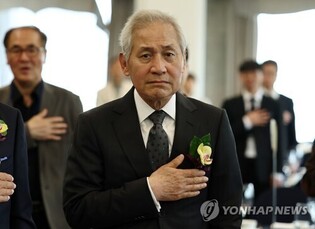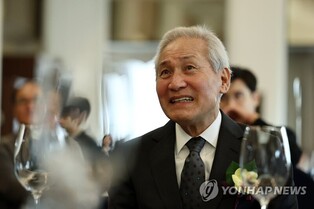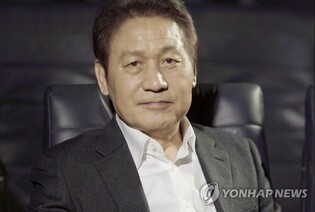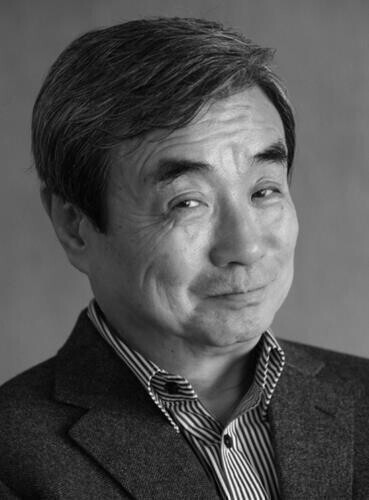
A few years ago, I heard about a so-called "strange school" that had opened, so I made my way there, asking around for directions. And indeed, it was a truly strange school.
I had assumed it wouldn’t be coeducational, but I never imagined it would be a place teeming solely with women. It made me wonder if someone like me should even be loitering around there—it was honestly a bit nerve-wracking.
Now and then, I spotted what seemed to be a few male names, which gave me a bit of reassurance. But upon closer inspection, names like "Eulho" and "Myeongho" all belonged to women.
In fact, there were barely any male names at all—maybe just one or two, like Park Jae-dong. And that wasn’t all.
What made me even more uneasy was that most of the women had four-character names. To me, a four-character name on a woman felt like an outright declaration—like a manifesto stamped on their foreheads, proclaiming themselves as modern women. It made me wary of saying the wrong thing, afraid I might offend someone. Even the way I looked at them—if my gaze seemed the least bit improper—I feared they’d take issue with it.
But after spending about thirty minutes touring the classrooms, the auditorium, the playground, and even the principal’s office, I found myself thinking, This is a strange but beautiful school.
At first, I had planned to just look around and leave, but I changed my mind. Instead, I decided to sit down for a moment and share an old story before heading off.
It was back in 1974—more than fifty years ago now—when I was working at Kim Swoo-geun’s Space Group. I had the opportunity to join a one-night, two-day trip called the Andong Dam Submersion Area Exploration Tour. A bus full of prominent figures from various fields in Korea set off on this journey.
It was a bittersweet trip, prompted by the completion of the Andong Multipurpose Dam—one of President Park Chung-hee’s long-held dreams. Now that the dam was about to be filled with water, entire villages, including the ancestral estates of Yi Hwang’s Jinseong Yi and Yeoan Yi clans, were destined to be submerged. The purpose of our trip was to visit these places one last time and document them before they were lost beneath the water forever.
That Saturday afternoon, we rode the bus for nearly seven hours before arriving late at night at the newly opened Andong Tourist Hotel. After having dinner, we all gathered on the hotel lawn, naturally leading to a drinking session.
And then, out of nowhere, a young woman appeared among us. I hadn’t noticed her before, but now she was there, adding a certain energy to the group.
At first, she simply brightened up the atmosphere, but as time passed and the drinks kept flowing, she began to take over the gathering entirely.
It wasn’t just the alcohol—her unfiltered words, her fearless attitude, and eventually, her endless singing left the men around her increasingly intimidated. One by one, they slipped away, unable to handle the intensity.
This was a time when criticizing the government in front of foreigners could get you arrested under Emergency Measure No. 9. So, naturally, people were afraid to stay too long in her company. I overheard murmurs that she was a journalist from a newspaper’s culture department.
As the clock passed midnight, her loud voice and singing in the hotel courtyard began to draw complaints. Windows opened here and there, and people shouted, "Hey, we’re trying to sleep!" or "Can you keep it down?!"
After wandering around for quite some time, we finally found a place with its lights still on. When we stepped inside, we saw that it was a butcher shop selling fresh meat. In one corner, a man who seemed to be the owner was drinking with a few others. Upon hearing that we were "people from Seoul," they gave up their seats for us.
Since all the meat had already been sold out, they offered us a bucket that was half-filled with various cow innards—liver, heart, stomach, spleen, and more—telling us to grill and eat them. The offal, likely fresh from the Andong cattle market, was bloody but surprisingly tasty when grilled with salt.
Determined to finish an entire box of Andong’s famous Jebiwon soju—24 bottles—we used those strange and unfamiliar cuts as drinking snacks. We must have drunk until dawn, and then, singing loudly, we somehow managed to stumble our way back to the hotel on foot, covering that long distance.
It is a fact that the only woman in our group was the ringleader of this entire affair.
With my memory hazy on how exactly I made it back to my room, I managed to get an hour or two of sleep. Then, just in time for breakfast, I dragged myself down to the hotel restaurant. There was no one else there, and I was told that the breakfast menu was steak.
I managed to finish a bowl of cream soup, but my stomach felt queasy, so I asked for another. However, the newly trained waiter firmly insisted that Western-style meals must be served course by course, meaning he couldn’t just give me extra soup.
Left with no choice, I rushed out and made my way to the bus, only to find that everyone else was already seated, waiting for me alone.
Muttering "Sorry, sorry" over and over, I collapsed into a seat at the back—only to be utterly shocked.
The female reporter from last night, the same one who had dragged five young men through the streets of Andong, shouting and singing at the top of her lungs, was now sitting there, looking fresh-faced and cheerful, chatting amiably with the others.
She was holding a refined conversation with the likes of Park Go-seok and Jang Wook-jin—both renowned Western painters—as if nothing had happened. She even conducted interviews with perfect composure, blending seamlessly into the elegant atmosphere.
I felt like I had been bewitched by a goblin.
Just a couple of hours ago, she had exhausted what seemed like an endless repertoire of songs, to the point where, running out of options, she resorted to singing "If Time Passes," a song set to a poem by Park In-hwan, over and over again.
And yet, now she sat there with neatly drawn eyebrows and lips tinted red like a stamp pad, acting as prim and proper as could be.
If that wasn’t the work of a goblin, then what was?
Aren’t goblins supposed to spend the night playing tricks on people and then transform into something mundane—like a broomstick or a fire poker—by dawn? Then what on earth was this female goblin?
At the time, the only cultural reporters I knew were middle-aged men like Lee Heung-woo, Lee Gu-yeol, and Cho Dong-hwa.
Female journalists were practically unheard of back then, so the very existence of this woman left me completely bewildered.
As for me, I was a hopeless model student, the product of a strict public school education, thoroughly ingrained with an engineer’s rigid, logical mindset.
There was absolutely no way I could analyze, understand, approve of, or even relate to this person.
It’s not that I have a particularly good memory.
Rather, the cultural shock I experienced that day was so profound that I still remember it vividly to this day.
Since we had met once, we naturally kept in touch after returning to Seoul.
Calls started coming in, asking about my thoughts on the submerged districts or requesting materials. Even after that, I received calls inquiring about my opinion on apartments—this new social phenomenon in housing. When I answered, saying I was against apartments, against the administrative capital, and so on, they would ask me to put it in writing. Sometimes, they would even visit me to collect my manuscript in person.
But here’s the thing.
When I read the articles published in the newspaper, the writing was on another level.
Having already been burned once by her eloquence, sharp tongue, drinking prowess, and sheer presence, I found myself completely overwhelmed once again—this time by her writing. I had no weapon to counter it.
The only thing I could even attempt to match her in was drinking.
And so, whenever we met, all I could do was pester her to drink with me. As always, this led to passionate critiques of the world. To her, every single man in existence was a coward.
Every time she launched into this tirade, I was painfully aware that I, too, was part of her target. I had to conceal every trace of my privileged past. So, I stayed silent, downed my drink, and simply listened.
Later, I heard that back then, she thought I was someone who couldn’t even speak.
About fifteen years passed after that.
By then, the memories of the goblin had somewhat faded. It was around this time that two of my university seniors, Jeong Tae-gi and Kwon Geun-sul—both journalists—reached out to me. They were launching a new newspaper and wanted me to buy shares.
Their reasoning? Every Korean needed to invest.
Though they were just a year ahead of me in school, they were formidable seniors. On top of that, my classmate Seong Han-pyo was also involved in the venture.
Digging into whatever little wealth I had, I bought shares.
I had no illusions about this being a sound investment, but I simply couldn’t refuse.
Perhaps it was a form of atonement—an attempt to make up for my past as someone who had spent his youth running away whenever a demonstration broke out.
Or maybe it was a lingering sense of guilt toward them.
Either way, I saw it as purchasing an indulgence, throwing in a hefty sum as a way of paying off my debts to my younger self.
For that price, I figured it was a fair trade for my youthful transgressions.
But not long after, they contacted me again.
Since the first public offering had failed to meet its target, a second round of fundraising was being launched. I had to contribute again.
And this time, that goblin of a female reporter was on the list.
“Ah, now both male and female goblins are gathering. The world is truly changing.”
After some thought, I decided to seek out a senior of mine who, at the time, was considered something of a quasi-chaebol businessman.
"Hyung, you should buy an indulgence too. Every Korean is buying one."
After thinking for a while, he pulled out a sum far greater than I had anticipated—two or three times the amount I had contributed.
"But listen, I run a business. My name can’t be publicly linked to this. Buy the shares under your name."
Now, I felt a sense of relief.
If the world were to change, I had this talisman in hand—something I could present as proof of my penance…
(To be continued.)
Finally, we decided to call it a night and head to bed, but this female reporter wasn’t having it. She insisted we keep drinking. Anyone who wanted to go to bed was a coward, she said.
In the end, maybe about ten of us followed her into Andong city, searching for a bar. But by then, it was nearly 1 a.m., and every place had already closed.
(C) Yonhap News Agency. All Rights Reserved

















